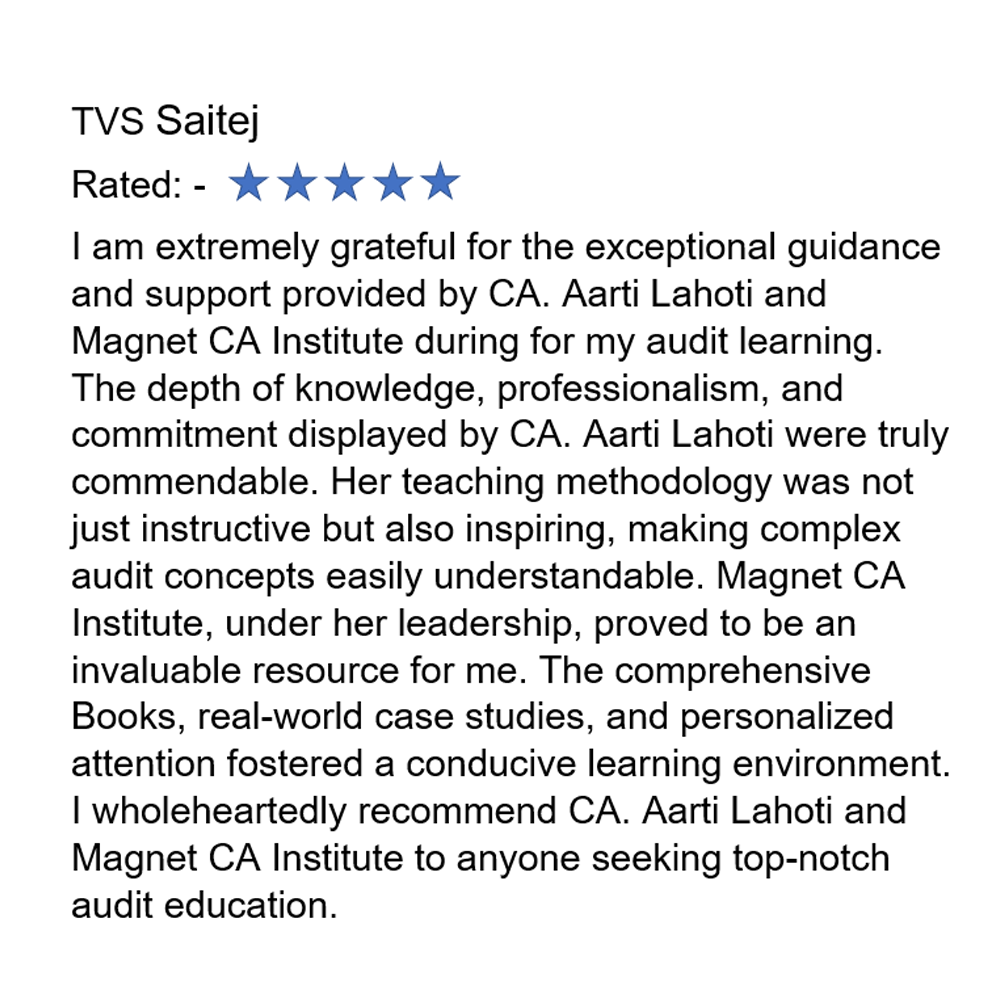Digital transformation is fundamentally reshaping chartered accountancy, driving efficiencies, and creating new opportunities. At the forefront of this change is automation. By automating routine tasks such as data entry, reconciliation, and report generation, accountants can now focus on more strategic activities. This shift not only enhances productivity but also reduces errors, ensuring more accurate financial reporting.
Data Analytics
Data analytics is another pivotal area in transforming accounting practices. Advanced analytics tools enable accountants to extract meaningful insights from vast datasets. This capability allows for more informed decision-making, predictive analysis, and identifying trends that can guide business strategy. Accountants can now offer more value-added services, moving beyond traditional compliance and reporting to becoming strategic advisors.
Cybersecurity
Cybersecurity is a critical concern in the digital age. As accountants handle sensitive financial data, ensuring its security is paramount. With increasing cyber threats, robust cybersecurity measures are essential. Chartered accountants must stay abreast of the latest security protocols and technologies to protect their clients’ data from breaches and fraud.
Cloud Computing
Additionally, the adoption of cloud computing has revolutionized the accessibility and flexibility of accounting services. Cloud-based accounting software enables real-time collaboration, data sharing, and remote access, making it easier for accountants to work with clients globally and efficiently manage their practices.
Final Words
In conclusion, technology is significantly impacting chartered accountancy practices through automation, data analytics, and enhanced cybersecurity. By embracing these technological advancements, accountants can enhance their service offerings, ensure data security, and position themselves as essential strategic partners in the evolving business landscape.








